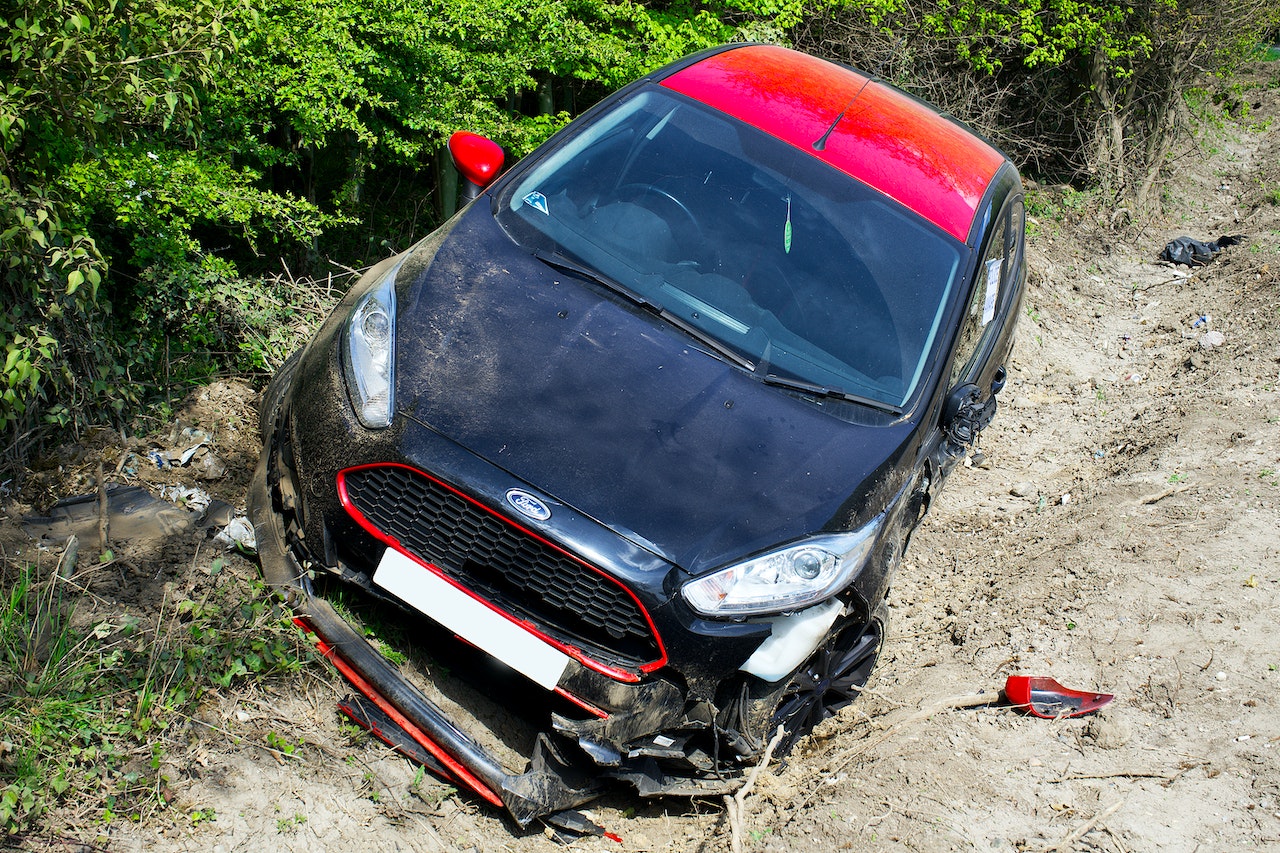
Car accidents can be life-altering events that inflict physical injuries and financial and emotional burdens. Filing an insurance claim is often the first step to obtaining compensation for damages sustained in a car accident. However, dealing with insurance companies can prove challenging, as they are frequently focused on minimizing their payouts. Insurance disputes may arise due to various factors, such as liability disagreements, coverage disputes, and undervalued claims. Knowing how to address these challenges effectively ensures you receive fair compensation for your losses.
In this article, we will explore the complexities of navigating insurance disputes following a car accident, focusing on issues such as establishing liability, identifying coverage gaps, and negotiating with adjusters. We will also discuss practical steps that can be taken to protect your rights and secure the maximum compensation you are entitled to after a car accident. Central to this process is partnering with an experienced car accident attorney, who will advocate for your rights and guide you through the sometimes bewildering landscape of insurance disputes and negotiations.
By understanding the potential pitfalls and challenges inherent in the insurance claims process, you can proactively protect your rights and maximize your compensation. With the support of a skilled car accident attorney and a strategic approach to the unique challenges of your case, you can concentrate on your recovery and the restoration of your life following a car accident.
1. Establishing Liability in Car Accident Insurance Disputes
A critical factor in any car accident insurance claim is determining which party (or parties) is at fault for the accident. Establishing liability is essential to securing your fair share of compensation. Some common challenges involved in determining fault in car accident cases include:
- Disagreements over the sequence of events: Conflicting accounts of the accident may arise among the involved parties, witnesses, and law enforcement officers, complicating the determination of fault.
- Comparative negligence: In some states, your compensation may be reduced accordingly if you are found partially responsible for the accident. Defending against unwarranted claims of comparative negligence is critical to maximizing your payout.
- Investigating complex accident scenarios: In cases involving multiple vehicles, poor weather conditions, or other complicating factors, a thorough investigation may be necessary to establish fault conclusively.
2. Resolving Coverage Disputes in Car Accident Claims
Insurance disputes can arise when insurance companies disagree about which policy should cover your damages or if there are gaps in coverage, such as:
- Uninsured or underinsured motorists: If the at-fault party lacks adequate insurance or insurance, you may need to rely on your insurance policy to cover your damages. In these situations, disputes may develop over the extent of your uninsured or underinsured motorist coverage.
- Coverage limitations: Disagreements can arise over policy coverage limits and whether certain types of damages, like medical bills or lost wages, are covered by your policy.
- Policy exclusions or lapses: Some insurance policies may contain exclusions that the insurer will argue relieve them of responsibility for covering your claim. Additionally, lapses in coverage can lead to disputes over whether a valid insurance policy was in effect at the time of the accident.
3. Negotiating with Insurance Adjusters
Dealing with insurance adjusters can be challenging to settle a car accident claim. Adjusters frequently use tactics designed to minimize payouts, such as:
- Low initial settlement offers: Insurance companies often present lowball offers in the hopes that claimants will quickly settle and close the case. Negotiating a better offer requires persistence and counter-evidence to refute the adjuster’s valuation of your damages.
- Delaying tactics: Some insurance adjusters may employ stall tactics, such as delaying communication or requesting additional documentation, to wear down claimants or pressure them into accepting low settlements.
- Shifting blame: Insurance adjusters may attempt to shift blame onto you or minimize their client’s liability to reduce the value of your claim. Building a strong case that accurately reflects the facts of the accident is critical to protecting your rights.
4. Why Partnering with a Skilled Car Accident Attorney is Essential
To navigate insurance disputes and secure the maximum compensation you deserve after a car accident, enlisting the help of a knowledgeable car accident attorney is vital. Some benefits of working with a competent attorney include:
- In-depth knowledge of the law: An experienced attorney understands the nuances of car accident laws and insurance regulations, allowing them to identify key factors necessary to build a strong claim.
- Expert representation: Your attorney will represent you in negotiations with insurance adjusters and, if needed, in court to advocate for your rights and secure a favorable outcome.
- Access to resources: A skilled attorney will have access to resources such as expert witnesses, accident reconstruction specialists, and medical professionals who can help build your case and bolster your claim.
- Stress reduction: Handling a car accident claim alone can be overwhelming, particularly when dealing with injuries and recovery. Hiring an experienced attorney allows you to focus on your health while they handle the legal aspects of your case.
Conclusion
The complexities of insurance disputes in car accident claims can make securing fair compensation daunting. By understanding your challenges, partnering with an experienced car accident attorney, and taking a proactive approach, you can overcome these obstacles and maximize your compensation.
With the support of a skilled car accident lawyer from Car Accident Help, you can effectively navigate the insurance claims landscape and guarantee that your rights are upheld. Partnering with an experienced attorney allows for peace of mind, the confidence to tackle these challenges, and the ability to focus on your recovery and restore your life after a car accident.